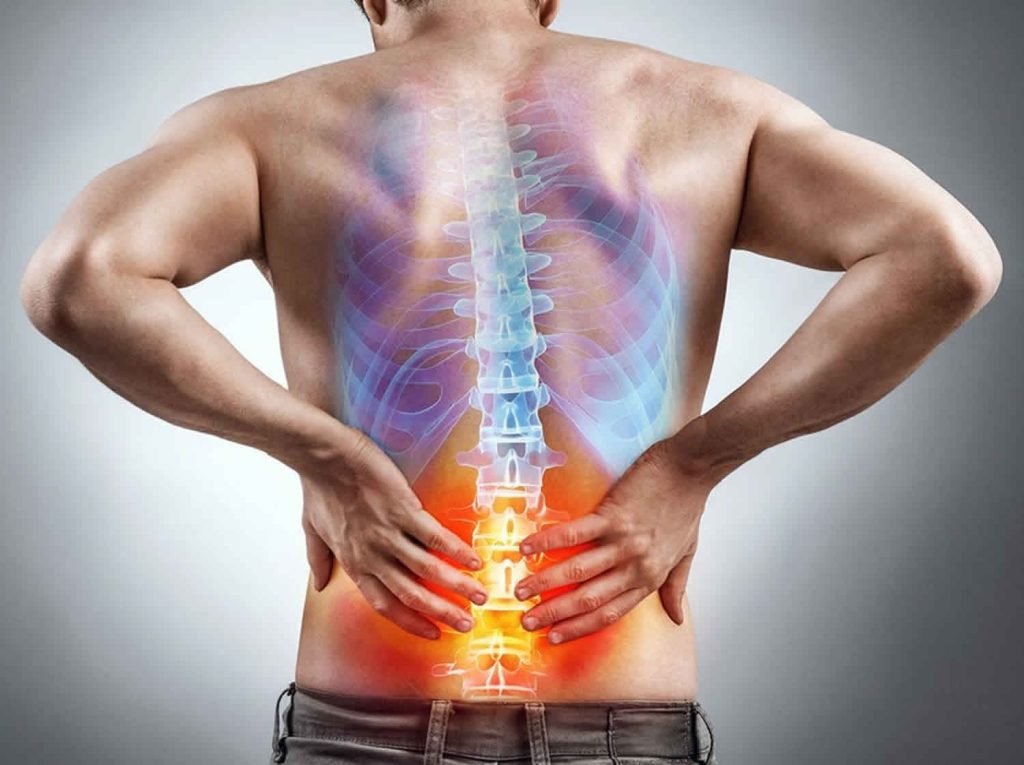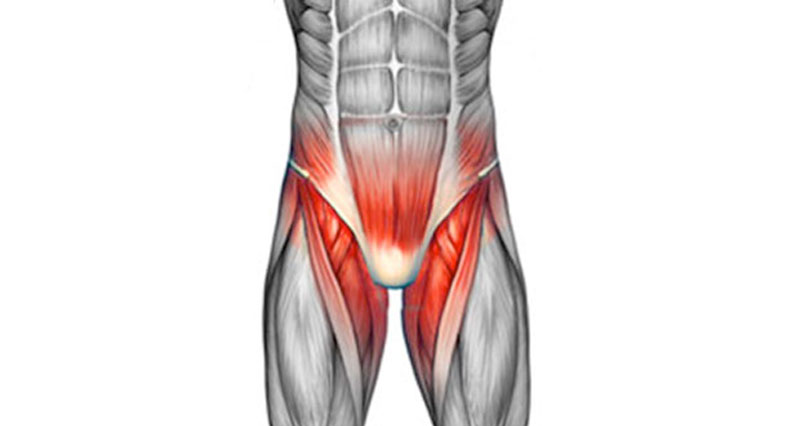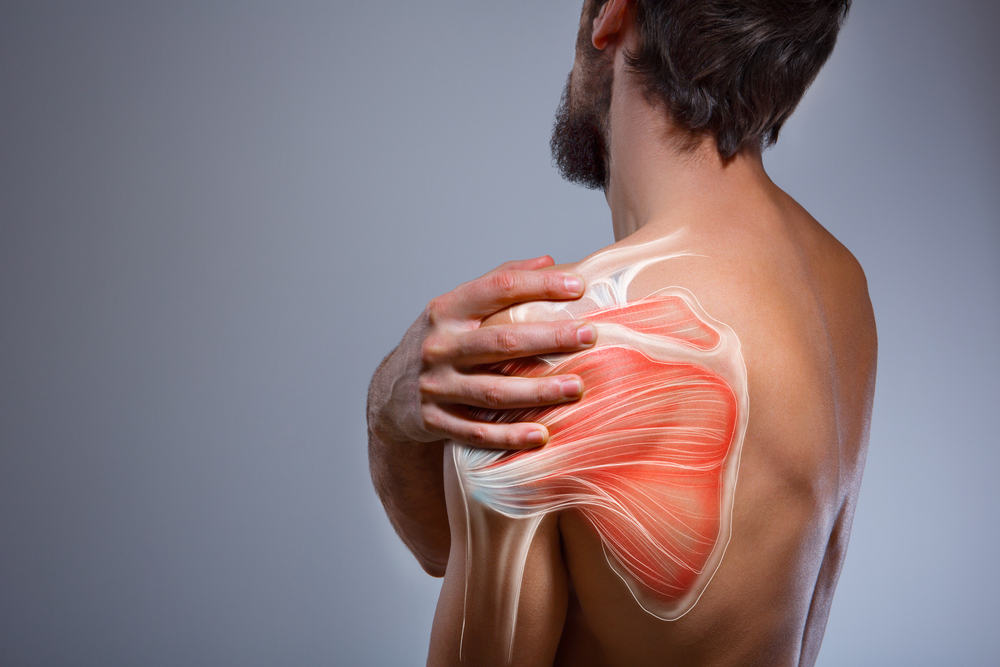Repetitive strain conditions, often referred to as repetitive strain injuries (RSIs) or cumulative trauma disorders, are a group of conditions that result from the repetitive use, overuse, or misuse of a part of the body. These conditions can affect muscles, tendons, ligaments, and other soft tissues. Smile Again Physiotherapy Clinic plays a crucial role in the assessment, management, and rehabilitation of individuals dealing with repetitive strain conditions. Here’s a discussion:

Understanding Repetitive Strain Conditions:
- Common Conditions:
- Tendonitis: Inflammation of a tendon.
- Carpal Tunnel Syndrome: Compression of the median nerve in the wrist.
- Tenosynovitis: Inflammation of the tendon sheath.
- Bursitis: Inflammation of the bursae (fluid-filled sacs).
- Causes:
- Repetitive Movements: Continuous and repetitive movements, often associated with work or certain activities.
- Awkward Postures: Prolonged or awkward postures that strain muscles and joints.
- Forceful Movements: Tasks requiring forceful and intense exertion.
- Vibration: Regular exposure to vibrations, such as in certain occupational settings.
Smile Again Physiotherapy Clinic’s Approach:
- Comprehensive Assessment:
- Detailed History: Understanding the patient’s work, daily activities, and symptoms.
- Physical Examination: Assessing range of motion, strength, and identifying specific areas of tenderness.
- Individualized Treatment Plans:
- Manual Therapy: Hands-on techniques to address muscle imbalances, joint restrictions, and alleviate pain.
- Therapeutic Exercises: Prescribing exercises to improve strength, flexibility, and posture.
- Ergonomic Advice: Assessing and modifying workstations to reduce strain.
- Pain Management:
- Modalities: Using modalities like ultrasound, heat, or cold therapy to manage pain and inflammation.
- Education: Educating patients on pain management strategies, including self-care techniques.
- Activity Modification:
- Workplace Modifications: Recommending changes to work processes or tools to reduce strain.
- Activity Pacing: Teaching patients to balance rest and activity to prevent overexertion.
- Prevention Strategies:
- Stretching Programs: Providing tailored stretching routines to enhance flexibility.
- Strengthening Exercises: Building strength in specific muscle groups to support affected areas.
- Posture Training: Emphasizing proper posture during activities.
- Patient Education:
- Understanding Triggers: Educating patients on recognizing and avoiding activities that exacerbate symptoms.
- Self-Management Techniques: Teaching self-massage, stretching, and relaxation techniques for ongoing care.
- Collaboration with Other Healthcare Professionals:
- Referrals: Collaborating with other healthcare providers such as orthopedic specialists or occupational therapists for a multidisciplinary approach.
- Monitoring Progress:
- Regular Follow-ups: Tracking progress through regular follow-up appointments.
- Adjustment of Treatment Plans: Modifying treatment plans based on the patient’s response and changing needs.
By offering a holistic and personalized approach, Smile Again Physiotherapy Clinic strives to empower individuals with repetitive strain conditions to regain function, manage pain, and prevent future recurrences. This comprehensive care aims not only at symptom relief but also at enhancing overall musculoskeletal health and well-being.



